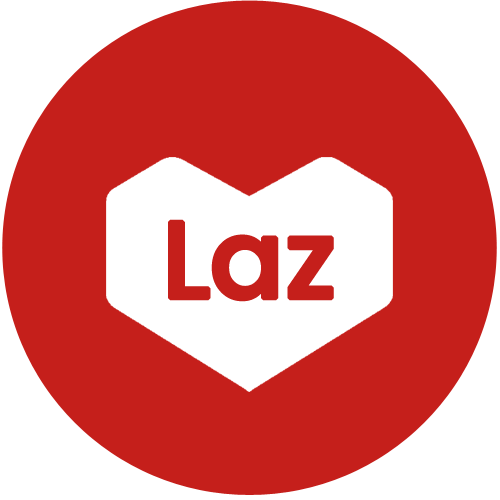As technology continues to reshape the insurance industry, the Philippines is leveraging the latest innovations to stay competitive in this ever-advancing digital age.
In today’s digital age, the business of safekeeping people’s futures is undergoing a prolific transformation. With all the technological advancements being introduced into almost all aspects of our lives, it does not come as a surprise how insurance companies in the Philippines are using the latest innovations to adapt and enhance their level of operations—improving customer care and experience while staying relevant and ahead in this fiercely competitive market.
Major technological trends have emerged over the past few years, affecting nearly every industry. A multitude of technological advancements and shifts have reshaped products and services. In this article, we will explore how the latest technology is helping insurance companies pave the way for a brighter and more secure future.
Using Artificial Intelligence in transforming the insurance industry
With several insurance providers successfully implementing artificial intelligence (AI) across their operations, it is slowly becoming the standard, overhauling core processes, and making them more predictive and astute. Sooner than later, AI will disrupt various areas, including underwriting, distribution, claims, and other services, as these processes become AI-enabled. This transformation is expected to enable top-quality interactions with customers while enhancing the overall productivity of the entire operation. Alongside modernizing by reengineering the core processes, leading insurers and ecosystem participants will leverage this technology to develop more data-driven products and services based on advanced analytics.
How will predictive analysis enhance underwriting accuracy?
The underwriting process—which greatly revolves around risk assessment to determine the rate of insurance premiums, is an essential aspect of the insurance industry. With the integration of advanced predictive analytics tools in Philippine insurance firms, using vast datasets to make more informed decisions can significantly increase the accuracy of assessing risk and tailor-fitting insurance products to customers’ needs. This initiative results in not only improving profitability but also ensuring fair pricing and more personalized coverage for customers.
Insurance wallets evolve to meet the needs of their customers
The development of insurance wallets has centered immensely on meeting client demands and delivering more convenience. The emergence of standalone and embedded policy wallets offers customers a complete solution to handle their insurance obligations, even while policy documents are easily accessible through multiple digital channels like emails, cloud storage, or insurer apps. These wallets function as reminders for policy renewals, encourage steps to mitigate potential losses, and facilitate simple access to precise coverage information. People and companies frequently carry policies from various insurers and distributors in today’s market, including non-insurance entities. As a result, there is an increasing need for a more straightforward solution that can handle this complexity and give policyholders a seamless experience.
Leveraging on trust architecture
In their different lines of business, insurance companies manage sensitive client data, making it even more vital for them to share it with carriers as the market develops. New technologies have enabled insurers to efficiently manage risks and use complex client data, which is crucial in moving towards a proactive coverage model that focuses on prediction and prevention. In this arrangement, data sharing between parties is encouraged, and insurers actively participate in reducing the likelihood of claims. To address identity management and verification issues, carriers now have a secure and standardized means for keeping client data thanks to the growing adoption of blockchain technology.
Utilizing the use of blockchain technology
Insurance is one of the sectors where blockchain technology is causing a stir. Insurers are investigating blockchain’s potential for safe and open transactions in the Philippines. Blockchain-based smart contracts make automatic and trustworthy transactions possible, eliminating the need for intermediaries. This lowers the danger of fraud while simultaneously lowering administrative expenditures. Additionally, the immutability of blockchain technology guarantees the accuracy of policy records, eliminating tampering and boosting data security.
Ultimately
The Philippines’ insurance sector enthusiastically embraces cutting-edge technology, reaping the benefits of better productivity, enhanced consumer experiences, and a more open market. Developments in insurance technologies are changing how insurers do business, from AI-driven claims processing to predictive analytics for precision underwriting. At Generali Philippines, our team of curious, approachable, and empowered people strives to stay up-to-date with the latest trends and technology in the market. Over the years, we have come to understand the individual requirements of our clients. We continuously adapt and innovate to meet our customers’ needs while developing products, services, and technology that lay the groundwork for a brighter, safer, and more resilient future.




